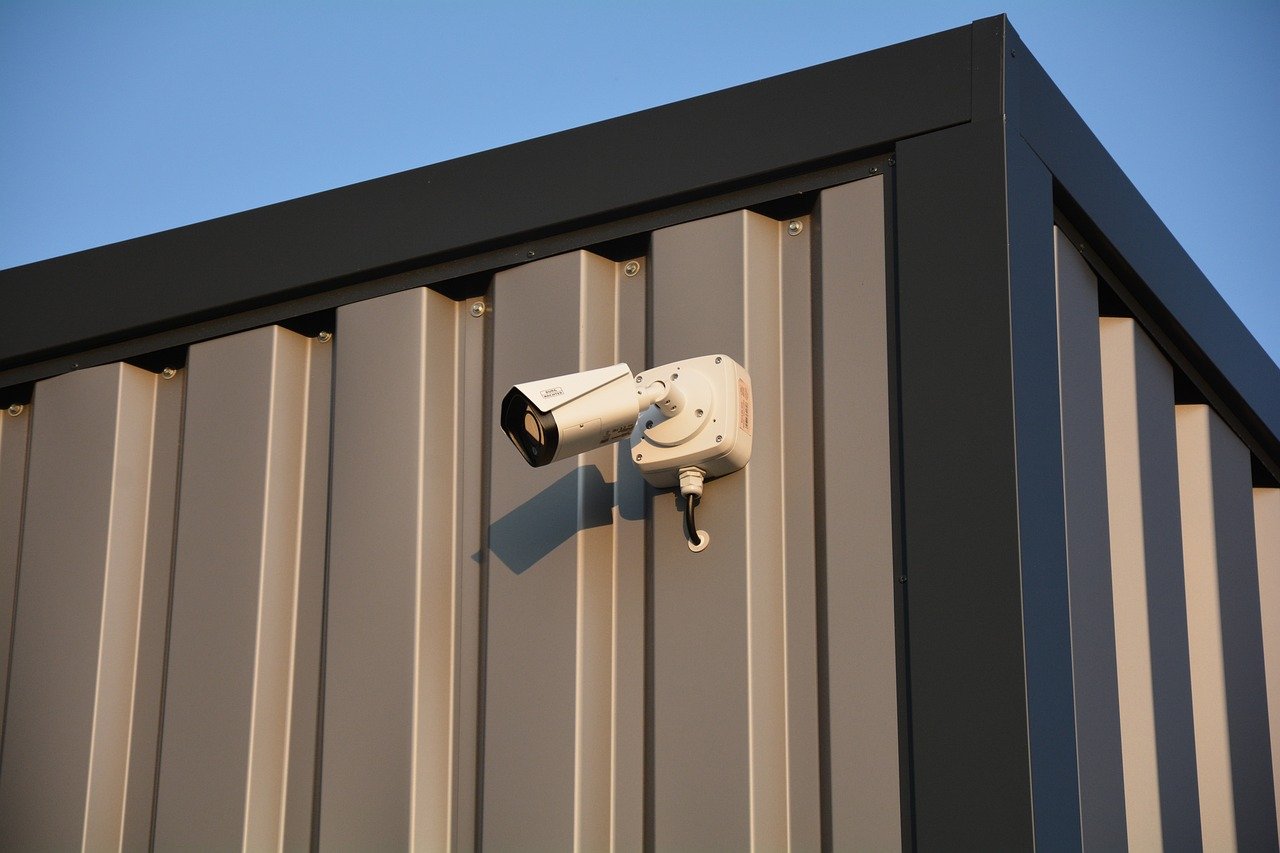Years after its initial launch in 2016, Google’s much-awaited Fuchsia OS has finally started to roll out on real devices. The OS will first be rolled out to the first-generation Nest Hub starting today, May 25. However, the new update will come to users in the Preview Program first, eventually rolling out to wider audiences.
One of the most notable facts about the OS is that instead of being based on a Linux kernel, the team has opted for a Zircon microkernel. Users receiving the update will not notice a significant change in their current experience as the update merely replaces the existing Linux-based Cast OS with Fuchsia.
The update was slyly announced in a tweet by Petr Hosek, Google’s Technical lead on the Fuchsia OS project.
In the News: Samsung expands Smart Monitor lineup with 43-inch and 24-inch models
What does Google want to achieve here?
With arguably nothing new (in terms of features) being added to this update alongside the new OS base version, there’s a big question on what Google is trying to achieve with Fuchsia, especially considering Cast OS has been working seamlessly on all Google smart displays.
We know from a report published by Chrome Unboxed that the OS can run on laptops and smartphones, evident from Google being spotted trying to test the OS on Pixelbooks back in 2018. A proposal was also put forth back in February this year for a solution that can make the OS run Android and Linux apps natively.
However, as per a report from The Verge, Fuschia is not meant to be a replacement for either Android or ChromeOS. As suggested by Google’s SVP of Android and Chrome, Hiroshi Lockheimer, in 2019, smart home devices might be one of the starting points to get Fuchsia out in the wild.

Samsung has also contributed to the OS by adding its code related to the Flash-Friendly File System, otherwise known as F2FS. The project is meant to be an alternate way to save files on storage devices such as flash drives or internal memory in a smartphone and is giving serious competition to EXT4.
Google calls its new OS a ‘production-grade operating system that is secure, updatable, inclusive, and pragmatic’. It remains to be seen how they’re going to advance with its development but rolling it out on production-grade devices is by far the biggest step the company has taken towards making Fuchsia OS available to the general public.
In the News: Apple iOS 14.6 rolls out with Podcasts subscriptions and several bug fixes






